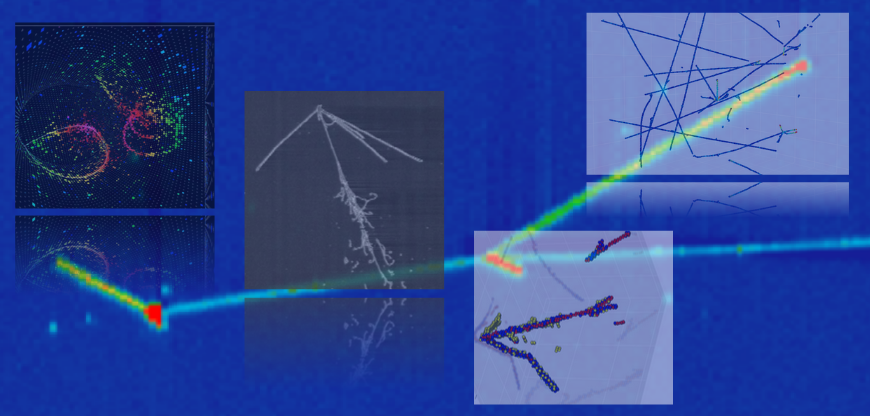Speaker
Description
IsoDAR (Isotope Decay-At-Rest) is a state-of-the-art electron antineutrino source currently under development. Chief among the technical innovations that allow IsoDAR to reach an unprecedented 10 mA of 60 MeV protons is the inclusion of a radiofrequency quadrupole; a linear accelerator that pre-bunches and focuses the beam before injection into IsoDAR’s cyclotron. IsoDAR’s exceptionally high beam current means that nonlinear space charge effects balloon the computational runtime of high-fidelity simulations necessary for the RFQ’s development. In this contribution, we present our efforts to build surrogate models, based on neural networks, that can (with <6% error on all relevant objectives) approximate beam characteristics for an RFQ of arbitrary design. These surrogate models are fast-executing, and have the potential to transform the way in which accelerator physicists engineer these and similar devices, by allowing users to quickly optimize accelerator design, to quantify uncertainty, and to tool real-time fine-tuning and commissioning softwares. While I present ML-enabled surrogate models’ application to accelerator design, these techniques can easily be extended to detector engineering.



